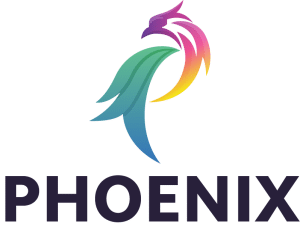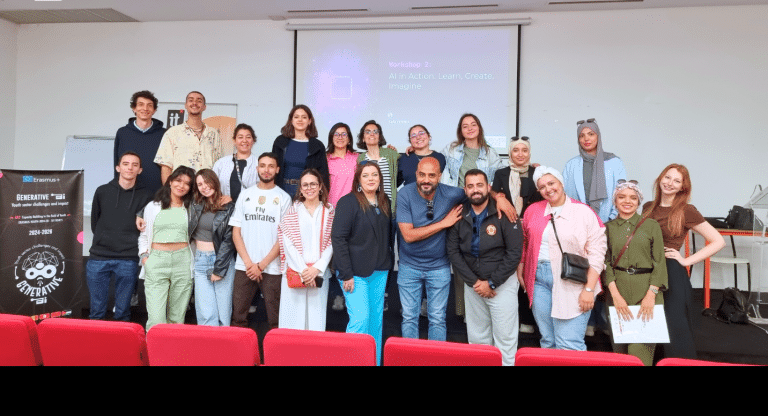


Introduction:
We are pleased to announce the successful completion of twenty local training sessions under the framework of the PHOENIX Project: Youth Work for Gender Awareness in the Euro-Mediterranean Context. These sessions, conducted both online and offline across Jordan, aimed at empowering local educators and youth workers with practical tools, creative methodologies, and critical perspectives on gender-sensitive issues.
The PHOENIX Project is an Erasmus+ initiative designed to promote inclusive, equitable, and culturally responsive youth work by equipping local actors with the skills needed to facilitate change within their communities. These training sessions form a vital part of Work Package 4: Organization of Local Trainings and Workshops, and lay the groundwork for the upcoming direct interventions with youth later in the year.
About the PHOENIX Project:
PHOENIX is a transnational capacity-building project focused on fostering gender awareness in youth work by addressing socio-political challenges such as gender-based violence, gender roles in media, political participation, reproductive rights, and the intersection of art and activism. It brings together youth professionals from both European and Mediterranean countries, nurturing a shared learning space that encourages solidarity, cultural exchange, and local action.
Local Trainings in Jordan: A Strategic Approach
Between January and April 2025, our team in Jordan prepared, implemented, and evaluated twenty training sessions that engaged a diverse group of educators, youth workers, facilitators, and peer leaders. The training model was designed to ensure that participants not only acquired theoretical knowledge but also practiced facilitation techniques to confidently conduct local workshops for youth aged 15–30 in the following phase.
The sessions revolved around seven thematic workshops:
Each session was anchored in experiential learning, collective discussion, role-play, and multimedia production. Facilitators ensured a safe, inclusive, and collaborative learning environment where participants could engage deeply with complex and often sensitive topics.
Implementation Timeline:
Participants’ Reflections:
Participants described the trainings as eye-opening and transformative. Many shared that the sessions challenged their own perceptions and expanded their ability to address gender-related topics in their work. The participatory methods used — from embodied simulations to digital storytelling — enabled them to connect personally with the content, while also preparing them to facilitate inclusive, meaningful workshops for the young people they support.
Next Steps: From Training to Action
The momentum built during the local trainings will now transition into the second phase: local workshops for youth. The trained educators and peer facilitators will deliver interactive workshops directly engaging young people across Jordan on gender awareness, equality, and inclusion.
This next phase will follow the below timeline:
Our objective is to ensure that these workshops serve as spaces for learning, healing, expression, and mobilization — encouraging young people to become advocates for gender justice in their own environments.
Final Remarks:
The PHOENIX Project continues to demonstrate the power of grassroots education and participatory training in transforming communities. By investing in youth workers and educators, we are building a sustainable and locally rooted network of change agents who are equipped to confront gender-based challenges with empathy, creativity, and courage.
We look forward to sharing the outcomes of the next phase and invite you to follow our journey as we move from learning to action.
Together, we rise — like a phoenix.
The consortium is comprised of: LUNARIA APS – Rome, Italy, ASOCIACION OTRA ESCUELA – Madrid, Spain, AGDZ VOLUNTEERS WITHOUT BORDERS (AGDZ) – Agdz Center, Morocco, JORDAN YOUTH INNOVATION FORUM SOCIETY (JYIF) – Amman, Jordan.






